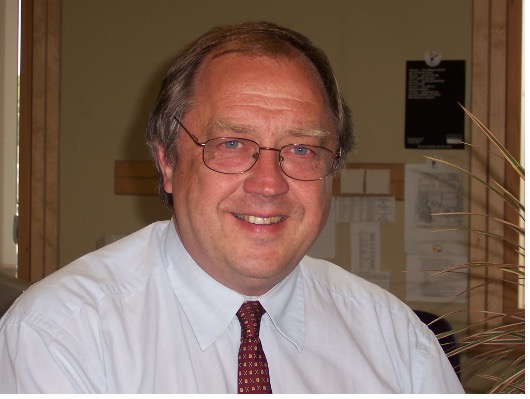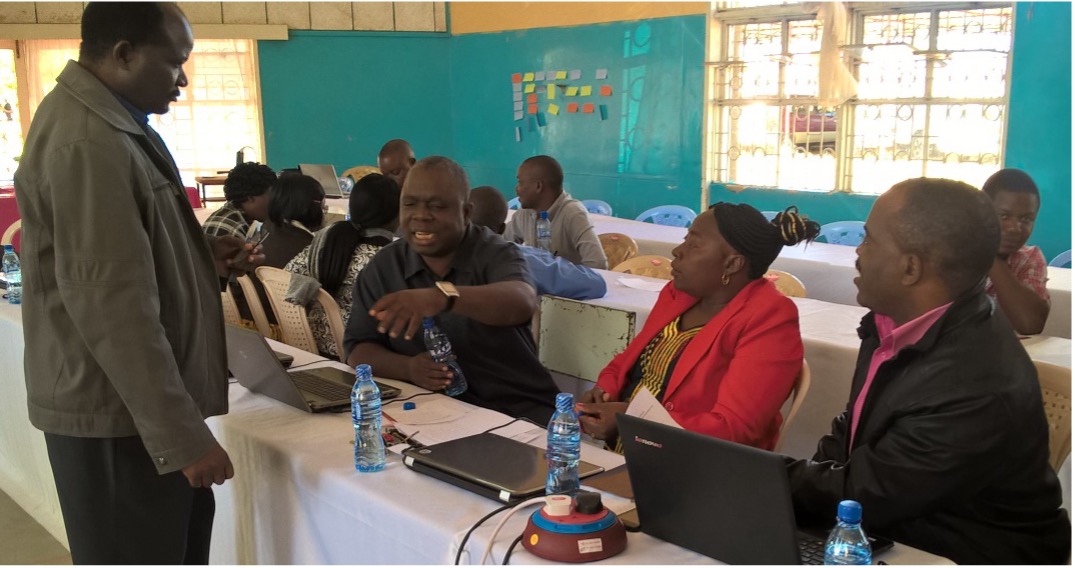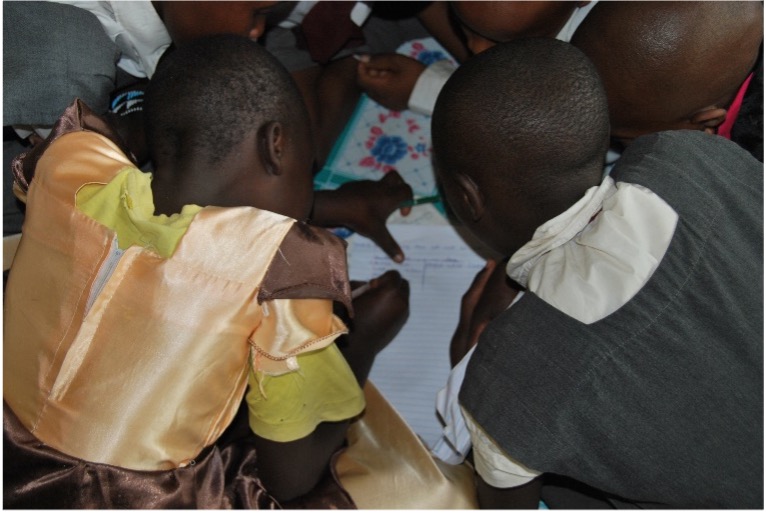Teacher Education in sub-Saharan Africa - TESSA
2025 marks 20 years since Teacher Education in sub-Saharan Africa (TESSA www.tessafrica.net) was launched by an OU-led consortium of institutions from 9 countries. The TESSA Open Educational Resources (OER) remain relevant and useful as Governments all over sub-Saharan Africa realise the benefits of teacher-led ‘communities of practice’ as a mechanism to support teacher professional development. TESSA has reached over 2 million teachers and as a network has contributed to knowledge about implementing change; effective teacher professional development; the opportunities and challenges afforded by OER; and the use of technology to support learning and teaching. Here, Bob Moon, the founding Director, explains the origins of TESSA.
 TESSA: origins. Professor Bob Moon (Founding Director)
TESSA: origins. Professor Bob Moon (Founding Director)
A twentieth Anniversary for TESSA! Development projects like this are lucky to live beyond a funded three- or four-year time cycle. That TESSA has survived and prospered owes much to the commitment of successive generations of staff, within the Open University and in the participating institutions across southern Africa. I think it also shows that some of the foundation building blocks were well placed. The story has a relevance to others contemplating such work.
In the 1990’s The Open University became very involved in the initial training of teachers, particularly for older entrants to the profession. There was generous funding from government, and we were encouraged to make the courses as classroom focussed as possible. A ‘curriculum for practice’ had to be created with resources and teaching methods to match. The OU PGCE ran for many years (is still running in Wales) and in 1999 won for the OU the Queen’s Anniversary Award for Higher Education (an award TESSA was to win a decade later).
Inevitably international organisations like The World Bank, DFID and UNESCO became interested in the methods being used. We had the exhilarating experience of setting up programmes in locations as diverse as Albania, Egypt and South Africa. The state of California came calling and we helped with the establishment of the ‘CalStateTeach‘ programme , still running today, and aimed at bringing mature entrants into elementary schools
This work gave us a very real understanding of the challenge to educate and train teachers for the expanding global primary school systems. We knew the need was particularly acute in sub-Saharan Africa. More than half of all teachers in primary schools were unqualified and most countries urgently needed a qualification upgrading programme that also helped improve classroom practice.
By the beginning of this century, we had a cadre of staff, here and in Africa, that had developed special understanding and expertise in the applied nature of the work. And so, working with a small group of institutions we began formulating the idea of creating a bank of multilingual resources that, with advice, could provide the basis for new and improved teacher training courses across the region. Our planning benefited from a £100K grant from Charles Clarke, then Secretary of State for Education. This enabled us to make a successful bid to the Allan and Nesta Ferguson Charitable Trust for the million pound plus funding to get the project underway. I cannot speak too highly of the Trustees of the Ferguson Trust who saw then, and continue to see, the value of this work.

The first workshop took place in a conference venue on the shore of the staggeringly beautiful Lake Naivasha in Kenya. Representatives from Universities spread across nine countries attended. We made several crucial decisions, including
- TESSA would primarily be a consortium of institutions not countries. We would keep national ministries informed but the Ferguson support gave us the flexibility to bypass, in most countries, ministerial control. The resources would serve both initial, upgrading and in-service teacher development needs.
- The resources would be focussed on the core classroom skills of primary teachers, with practice-based classroom activities for teachers to do with their learners at the core of the programme and its resources and driving teachers’ learning. Authorship would be the TESSA consortium not individual authors.
- A common framework would be created (this was done in Naivasha) upon which all subsequent resource development would have to be based.
- All resources would go through a rigorous quality approval mechanism.
- The resources would be published in multilingual versions.
- The resources would be ‘open educational resources’, meaning that anyone (through the Creative Commons process) could use and adapt the resources free of copyright payments.

And so, we moved on. The TESSA consortium stayed together throughout the development process and laid the foundations for the enduring work that, I know, has an impact on hundreds of thousands of teachers in all parts of the African continent. To everyone involved now I would just like to say, ‘Is there anything more important we could be doing to serve our teachers and the children they teach?’
In 2025, TESSA is a network of teacher educators underpinned by a bank of OER – resources and courses that support inclusive, active, learning and teaching. As a network we are dedicated to improving the quality of teacher education and contributing to knowledge about effective teacher professional development.
We will be holding two seminars this year to mark the 20th Anniversary. The first, on Monday 26th June, and will discuss the impact and contribution that TESSA has made over the last 20 years. This will be followed by a network-led event later in the year in which TESSA Ambassadors will present the work that they do in their institutions and with teachers.
Written by Dr Kris Stutchbury and Emeritus Professor Bob Moon
March 2025
Connect with us
Whatever your reasons for wanting to connect with us, you can contact us via email or social media on the addresses below
CSGD email
CSGD on Bluesky
CSGD on LinkedIn
Sign up to our mailing list to receive the latest news on our research, events and publications.
.jpg)